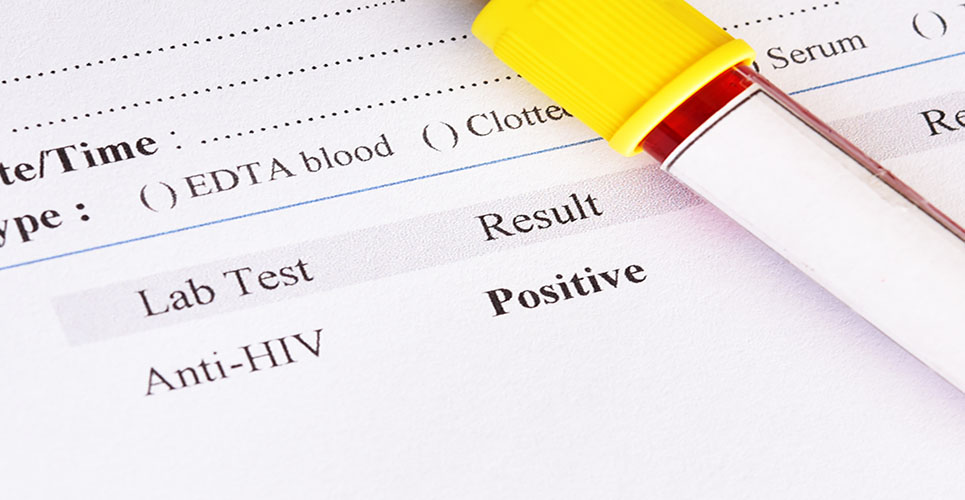teaser
Tibotec Pharmaceuticals is presenting data across its HIV portfolio at the 13th annual European Aids Conference (EACS) in Belgrade, Serbia, this week.
Key highlights include:
- Sustained efficacy for EDURANT® (rilpivirine), significantly lower incidences of grade 2–4 overall adverse events (AEs) including better neuropsychiatric (dizziness, abnormal dreams/nightmares) and lipid profiles compared to efavirenz over 96 weeks.
- No genotypic resistance with PREZISTA® (darunavir) monotherapy over 144 weeks, which supports the concept of monotherapy and class-sparing regimens.
- 200mg INTELENCE® (etravirine) tablet preferred by a majority of patients over 100mg tablet, halving overall pill burden
These presentations follow positive opinions from the Committee for Human Medicinal Products (CHMP) of the European Medicines Agency (EMA) for rilpivirine and etravirine.
Pooled data from ECHO and THRIVE show rilpivirine demonstrated sustained efficacy over 96 weeks and was non-inferior to efavirenz (77.6% vs 77.6% respectively), with a more favourable tolerability profile.
There were significantly lower incidences of grade 2–4 overall adverse events (AEs) including rash, dizziness, abnormal dreams/nightmares, and lower incidence of grade 3–4 lipid abnormalities.
There were fewer AEs leading to discontinuation with rilpivirine compared to efavirenz. The virologic failure rate was higher with rilpivirine than with efavirenz up to 48 weeks (9.0% vs. 4.8% respectively).
Between weeks 48 and 96, similar increases in virologic failure rates were observed (3.2% vs 2.3% respectively). At 96 weeks, the overall virologic failure rate was 14.0% with rilpivirine and 7.6% with efavirenz.
ECHO and THRIVE are two pivotal Phase 3 clinical trials which evaluated the efficacy and safety of rilpivirine in 1,368 antiretroviral treatment-naïve HIV-1-infected adults with plasma HIV-1 RNA ≥ 5000 copies/mL.
A 144-week analysis from MONET showed no development of phenotypic resistance to darunavir in patients experiencing virologic failure during the trial (HIV RNA > 50 copies/mL, n=54).

In these patients, no protease inhibitor resistance was detected, meaning further combination therapy with protease inhibitors could remain a viable treatment option for those experiencing virologic failure with darunavir monotherapy.
The 2009 EACS clinical guidelines for the management and treatment of HIV-infected adults in Europe state that monotherapy may represent an option in patients with intolerance to NRTI or for treatment simplification.
The MONET trial evaluated the efficacy of darunavir, either as a monotherapy or with two NRTIs in 256 patients with HIV RNA <50 copies/mL at baseline over 144 weeks.
Data from the primary analysis were presented at the 6th International AIDS Society meeting in Rome, in July 2011.
Darunavir is not currently approved for use as monotherapy in Europe and U.S. Darunavir is currently approved for use in combination with ritonavir and other ARV agents.
Additional data being presented at EACS analysed costs of darunavir monotherapy compared to standard combination treatment at 144 weeks in the UK.
Using prices published in the UK, the results showed based on 20,000 HIV-1 infected patients meeting the entry criteria for MONET, a switch to DRV/r monotherapy could cut the three year cost of HIV treatment from £412 million to £248 million per year (20,000 HIV infected patients meeting entry criteria for MONET trial out of estimated 50,000 HIV patients on standard combination treatment).
In a blinded trial assessing ease in swallowing etravirine, the majority of patients rated the 200mg tablet higher than the currently available 100mg tablet as either easy or acceptable to swallow (non-coated 200mg, 69.4%; film-coated 200mg, 79.6%; non-coated 100mg, 42.9%).
Etravirine 400mg was administered blinded as a non-coated followed by a film-coated 200mg tablet (within 30 minutes) and “swallowability” was assessed using a questionnaire completed immediately following each intake of drug. When etravirine was first available, the formulation required patients to take 36 tablets a day but the new 200mg formulation would reduce this to two tablets a day.

